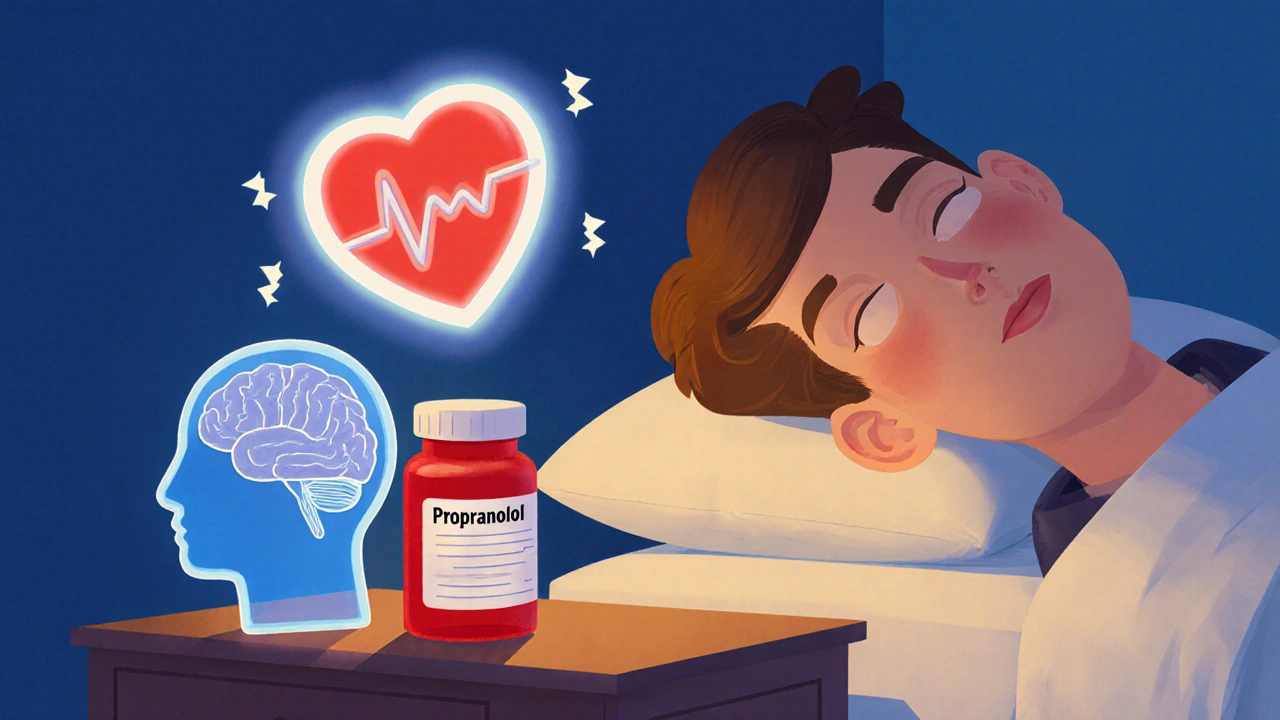Nighttime Heart Medication: Choosing the Right Cardiac Drugs for Sleep Hours
When working with Nighttime Heart Medication, drugs taken in the evening or at night to manage heart conditions while you sleep. Also known as nocturnal cardiac therapy, it helps control blood pressure, heart rate, and angina attacks during the hours when the body’s rhythms shift. Nighttime heart medication is part of a broader strategy called chronotherapy, which tailors drug timing to circadian patterns, and it often involves specific classes like beta‑blockers or nitrates. The goal is simple: keep the heart steady while you rest, reduce early‑morning spikes, and improve overall cardiovascular outcomes.
Key Considerations for Nocturnal Cardiac Therapy
First, understand that beta‑blockers, such as metoprolol or atenolol, lower heart rate and blunt the surge of adrenaline that often wakes up the cardiovascular system. Second, nitrates like isosorbide mononitrate relax blood vessels, easing chest pain that can flare up at night. Both classes fit into the chronotherapy model, which — as research shows — aligns drug peaks with the body’s natural blood‑pressure dip, reducing strain on the heart. Another important player is the ACE inhibitor or ARB taken at bedtime; these help control fluid balance and prevent nocturnal hypertension. Together, these agents form a coordinated approach: “night‑time meds → stable heart rhythm → better sleep,” a clear semantic triple that ties timing, effect, and outcome.
Patients with chronic heart failure, angina, or hypertension often wonder whether switching a dose to bedtime is safe. The answer depends on the drug’s half‑life, side‑effect profile, and personal routine. For example, long‑acting beta‑blockers with a half‑life over 12 hours work well at night, while short‑acting agents may cause morning fatigue if taken too late. Likewise, nitrates can cause headaches; timing them to avoid early‑morning activities reduces disruption. Talk to your clinician about the best schedule, monitor blood pressure at different times of day, and keep a sleep diary to spot patterns. By integrating bedtime dosing with lifestyle tweaks—like limiting caffeine after dinner—you’ll harness the full power of nocturnal heart medication.
Below you’ll find a curated set of articles that dive deeper into each drug class, explore the science behind chronotherapy, and offer step‑by‑step tips for safe nighttime use. Whether you’re managing angina, hypertension, or heart failure, these resources will help you fine‑tune your regimen and sleep more soundly.
How Propranolol Affects Your Sleep and What to Do About It
Learn how propranolol can disrupt sleep, why it happens, and practical steps to improve rest while staying on the medication.
View more
